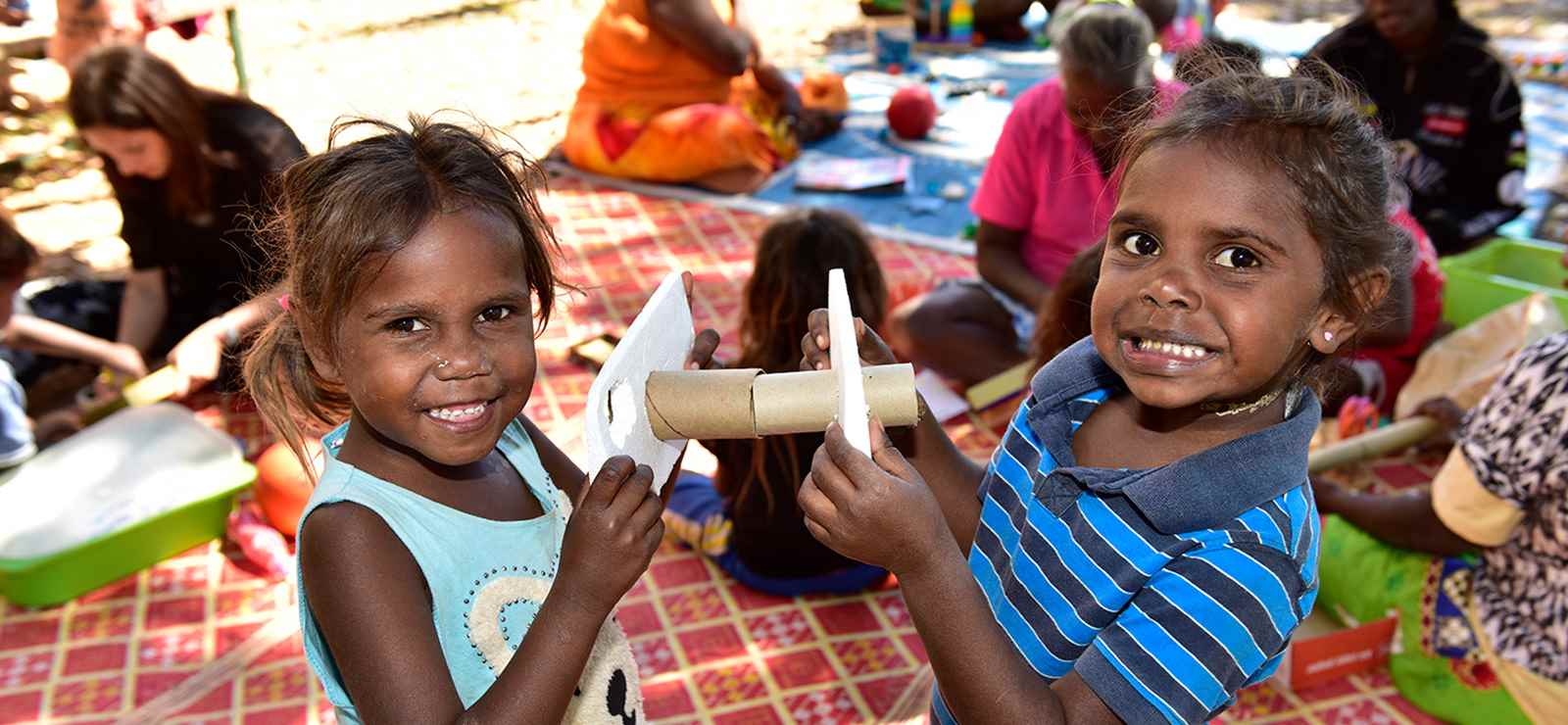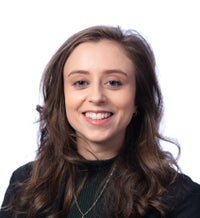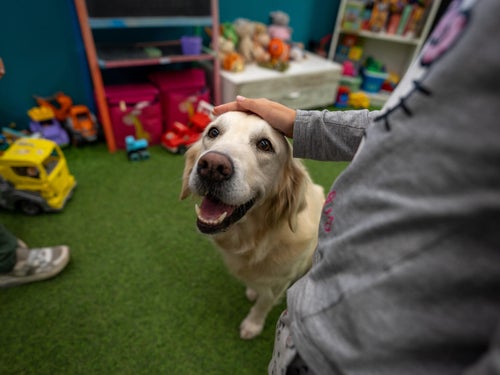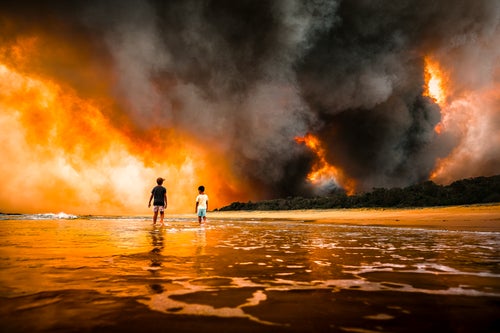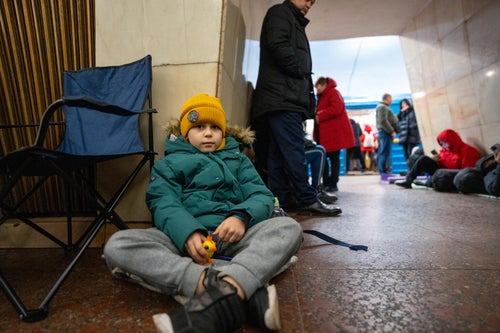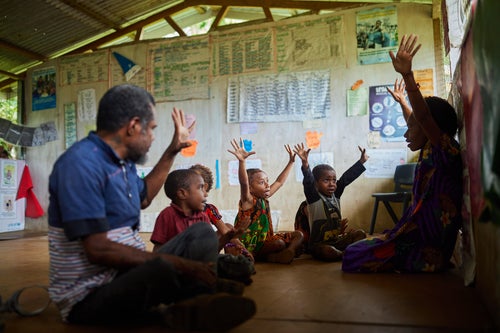All parents want the same two things for their children: a good education and a bright future.
But in some remote communities across Australia, limited access to early childhood education is leaving kids behind, especially Aboriginal and Torres Strait Islander children.
In 2018, only 86 per cent of Indigenous four year‑olds were enrolled in early childhood education compared with 91 per cent of non‑Indigenous children, according to the 2020 Closing The Gap Report.
Garrawa woman Deandra and her children live in Borroloola, in the Northern Territory – one of the most disadvantaged and remote communities in Australia.
Deandra first brought her son Leonardis, aged one at the time, to an Indi Kindi early childhood education session in 2013. Leonardis enjoyed looking at the books and learning to count.
Led by local First Nations women and supported by UNICEF Australia, the Indi Kindi initiative aims to give children the best start to life by integrating education, health and wellbeing.
When Leonardis was three, Deandra talked to the Indi Kindi team about employment opportunities.
“I said to myself: I’ll stay with this job and make a commitment to come to work every day, to be with the kids, to help them learn and be ready for school,” says Deandra. “I want the kids to get a good future and get a good job.”
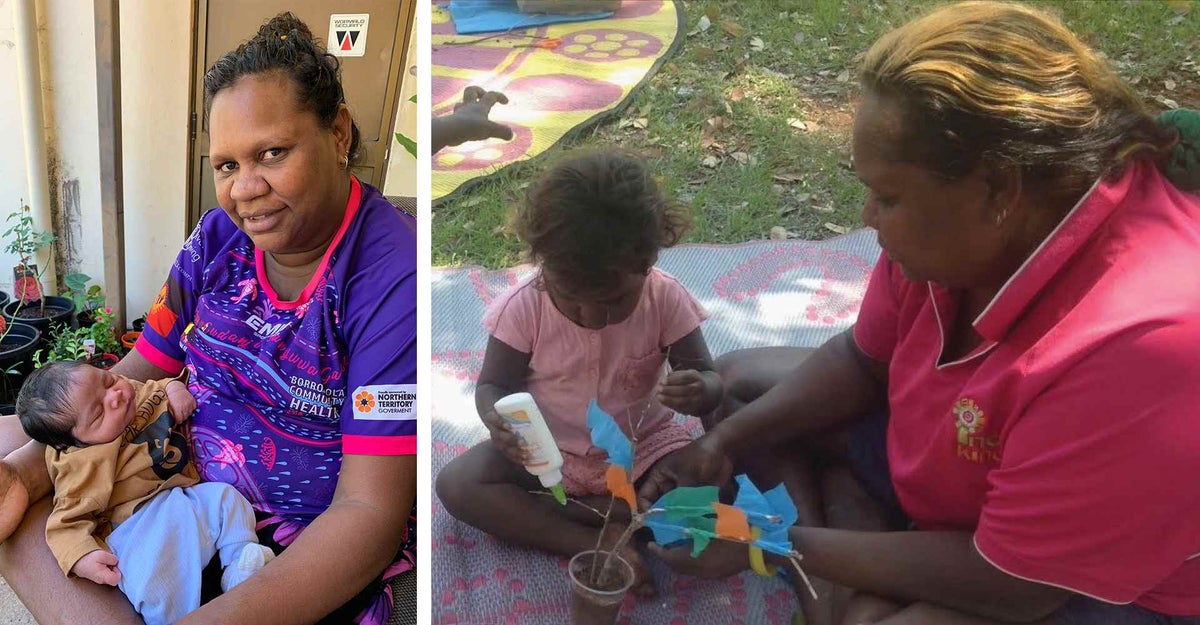
"Every morning I see their smiling faces and it makes me happy."
This month, Deandra celebrates five years of employment as an Indi Kindi educator. She is also studying her Certificate 3 in Early Childhood Education and Care through the Batchelor Institute.
“When we drive around the community, the kids get excited, they come running and say Indi Kindi is coming! They try to get on the bus and I have to tell them to wait so we can open the doors,” she says.
“Every morning I see their smiling faces and it makes me happy. The young mums see us as an inspiration as we are teaching their kids.”
Led by community, for community
Deandra is a thought leader and change-maker in Borroloola. She is passionate about creating change through early childhood education for the children in her community.
“I love coming to work every day, working with my colleagues to make a better community, a better environment for the kids to learn,” she says.
“I’ve got a good job, I feel proud of myself because I didn’t have any power when I wasn’t working. Now we come together and plan for our little ones and the community.”
The Indi Kindi initiative by the Moriarty Foundation addresses 11 of the 16 Closing the Gap targets, such as engaging children in high quality, culturally appropriate early childhood education. Close the Gap aims to achieve Indigenous health equality by 2030.
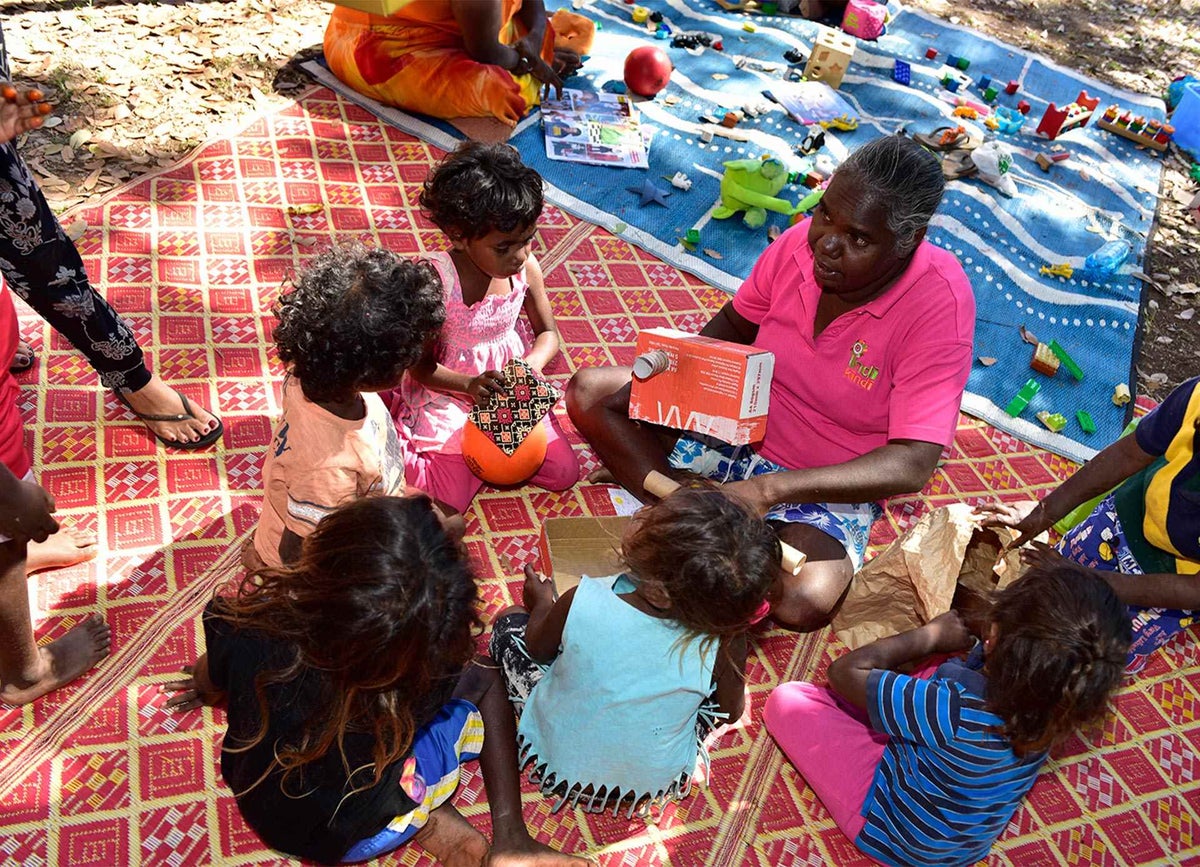
A key target in the Government’s Closing the Gap Report is for 95 per cent of Indigenous children to receive early childhood education services by 2025.
A community-led initiative, Indi Kindi aims to give children the best possible start to life and get them ready for school. In Borroloola alone, Indi Kindi reaches 80 per cent of children under five.
Through inclusive and culturally-appropriate early childhood education, children have the chance to develop a love and interest in learning.
That’s why UNICEF Australia and the Moriarty Foundation have partnered to expand the Indi Kindi initiative to give more Aboriginal and Torres Strait Islander children the best start in life.
In 2021, Indi Kindi will expand into the community of Tenant Creek. Currently the initiative operates in Borroloola four to five days a week, as well as one day a week via an outreach service to Robinson River, about two and a half hours’ drive away.
Alice Hall, UNICEF Australia’s Early Childhood Development specialist says the most effective community programs are those that are built and delivered by the community.
“For a program to be successful it is essential to spend time in the community, build relationships, listen, engage local people to be champions of the program now and into the future,” she says.
“When I visited Borroloola, I saw evidence that these ways of working are present in Indi Kindi’s work.”
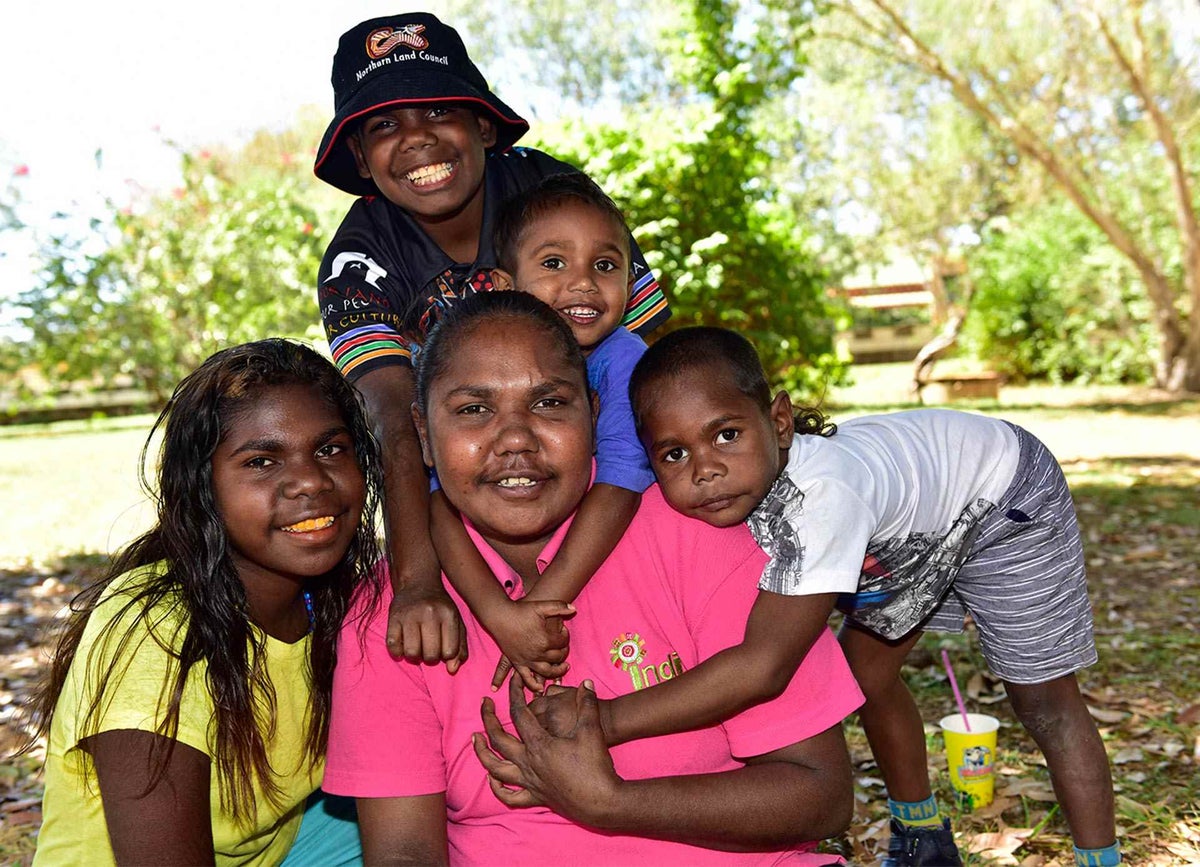
After four years, our incredible partnership with Indi Kindi ended in October 2024. We will continue to work with partners and governments to ensure all children have access to the best early years education and care.
Related articles
Stay up-to-date on UNICEF's work in Australia and around the world



